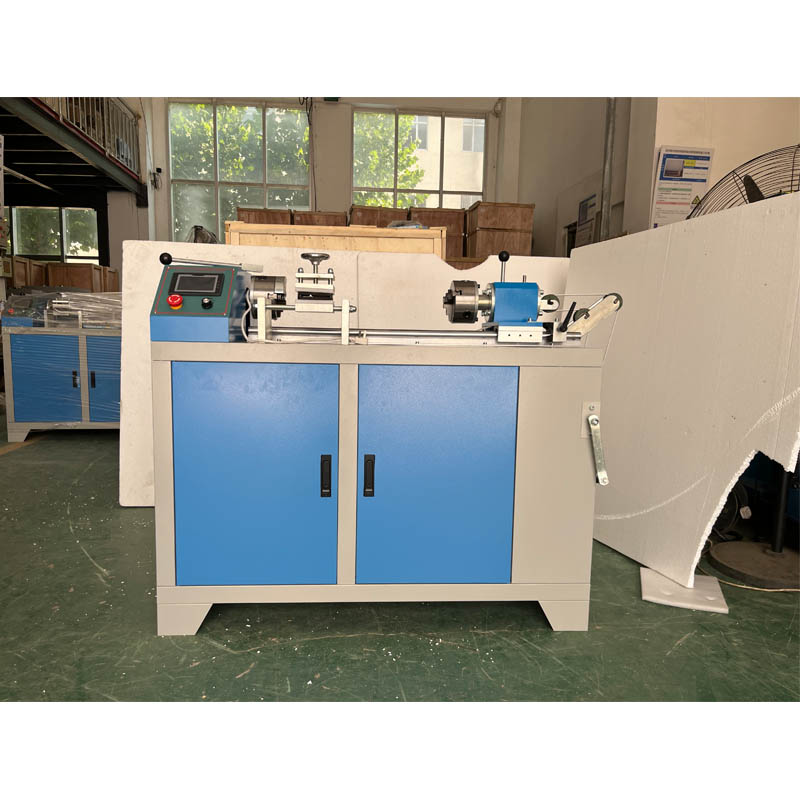Advancements in Optical Measurement Devices for Enhanced Precision and Accuracy in Scientific Applications
The Role of Optical Measuring Instruments in Modern Science and Industry
In the realm of science and industry, precision is paramount. Whether in research laboratories, manufacturing facilities, or quality control processes, accurate measurements are essential for ensuring product quality, facilitating research, and driving technological advancements. Optical measuring instruments have emerged as indispensable tools in this quest for precision, leveraging the principles of optics to provide accurate and reliable measurements across various applications.
Optical measuring instruments utilize light to obtain measurements of physical properties such as distance, thickness, surface profile, and even temperature. These instruments include a wide range of devices, such as laser measuring systems, interferometers, spectrophotometers, and microscope systems, each suited to specific measurement tasks. The ability to measure with light allows for non-contact and high-speed assessments, making these tools particularly valuable in environments where traditional contact methods may cause damage or distortions.
One of the most notable optical measuring instruments is the laser distance meter
. These devices operate on the principle of time-of-flight measurement, where a laser beam is emitted towards a target surface, and the time it takes for the reflection to return is used to calculate the distance. This method provides high accuracy and is commonly used in construction, land surveying, and interior design, allowing professionals to take precise measurements quickly and efficiently.Another significant optical instrument is the interferometer, which uses the interference of light waves to measure small distances or changes in distance with extreme precision. This technology is fundamental in fields such as metrology, where it can be used to calibrate standards or measure the wavelength of light with remarkable accuracy. Interferometers are also crucial in the development and testing of optical components, facilitating advancements in telecommunications and laser technologies.
optical measuring instruments

Spectrophotometers, on the other hand, are designed to measure the intensity of light at different wavelengths and are widely used in chemical analysis and material characterization. By quantifying how much light a substance absorbs or transmits, scientists can infer properties such as concentration, purity, and chemical composition. These instruments are pivotal in various sectors, including biotechnology, environmental monitoring, and quality control in manufacturing processes.
Microscopes represent another cornerstone of optical measurement, allowing scientists and researchers to visualize materials at the micro and nanoscale. Advances in optical microscopy, including fluorescence and confocal microscopy, have unlocked subcellular imaging capabilities, providing unprecedented insights into biological processes, materials science, and nanotechnology. These tools are essential for research and development across a diverse array of fields, from medical diagnostics to semiconductor fabrication.
The integration of optical measuring instruments into automated systems and digital platforms has further enhanced their capabilities. With the advent of machine learning and artificial intelligence, data collected from optical measurements can be analyzed in real-time, leading to smarter decision-making and improved operational efficiencies. For instance, in manufacturing, optical sensors can be employed for quality assurance, automatically inspecting products for defects and ensuring compliance with specifications.
In conclusion, optical measuring instruments play a crucial role in the advancement of science and technology. Their ability to provide accurate, non-contact measurements across a wide array of fields has made them essential in both research and industry. As technology continues to evolve, optical measurement techniques will undoubtedly expand, offering new possibilities for innovation and precision in an increasingly complex world. Embracing these advancements will enable industries to enhance their processes, improve product quality, and foster breakthroughs in scientific exploration.
-
The Role of Tensile Force Testers in Quality Control and Material Science
NewsAug.01,2025
-
Maintenance and Safety Tips for Aging Ovens
NewsAug.01,2025
-
Density Balance in Forensic Science
NewsAug.01,2025
-
Advanced Optical Measurement Technologies
NewsAug.01,2025
-
A Buyer’s Guide to Tensile Test Machines
NewsAug.01,2025
-
Why the Conductor Resistance Constant Temperature Measurement Machine Redefines Precision
NewsJun.20,2025
 Copyright © 2025 Hebei Fangyuan Instrument & Equipment Co.,Ltd. All Rights Reserved. Sitemap | Privacy Policy
Copyright © 2025 Hebei Fangyuan Instrument & Equipment Co.,Ltd. All Rights Reserved. Sitemap | Privacy Policy
